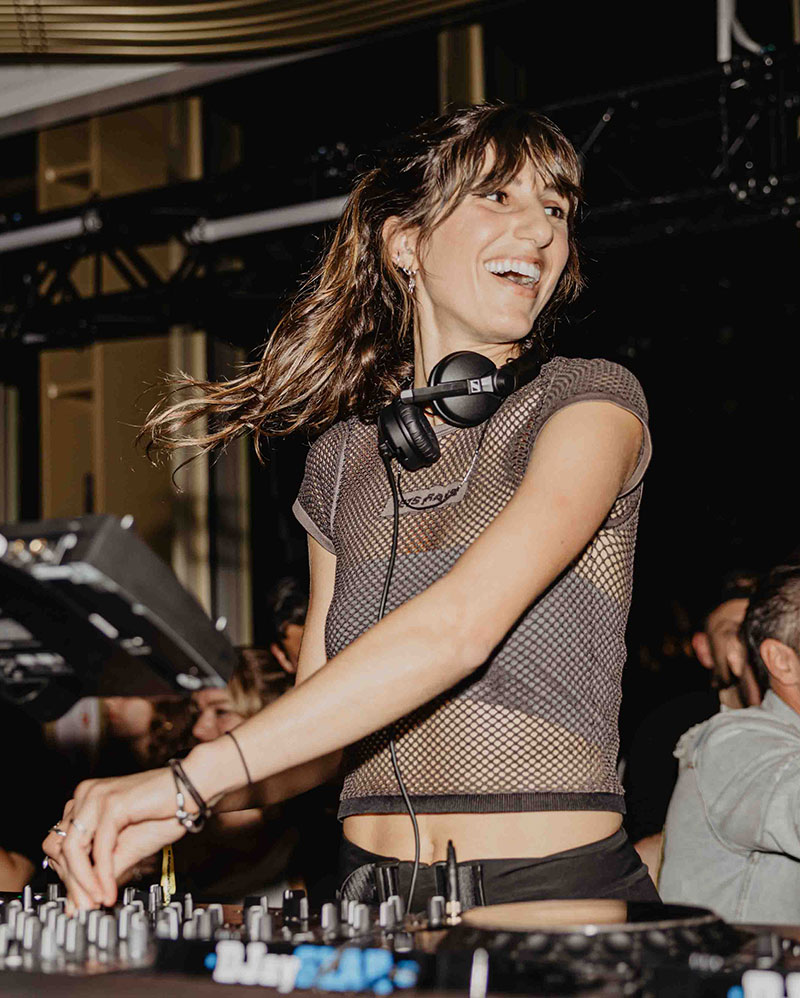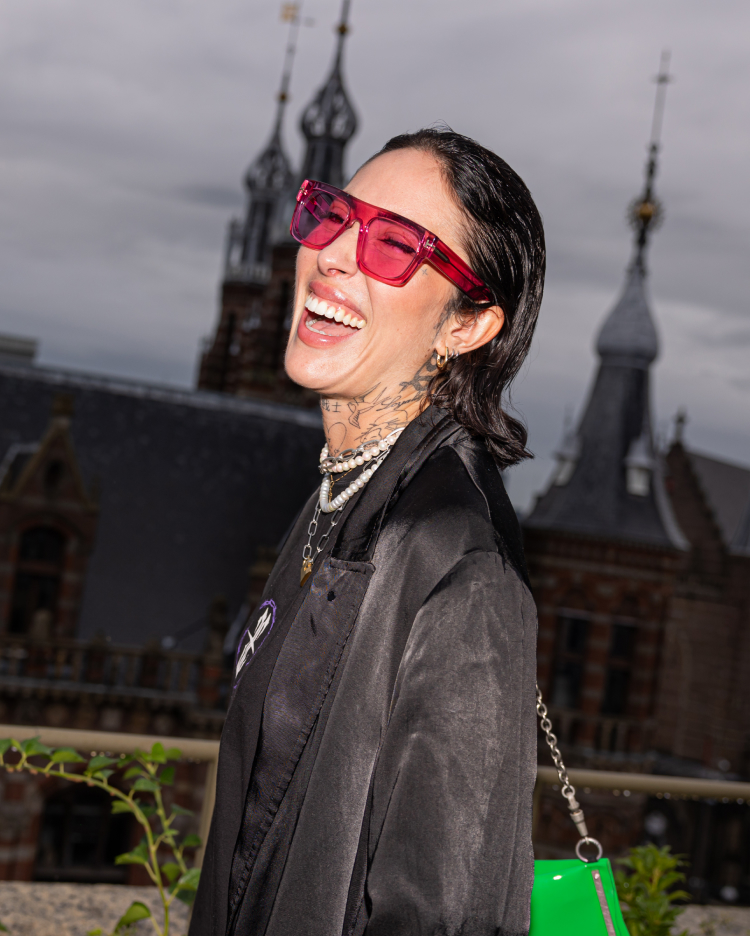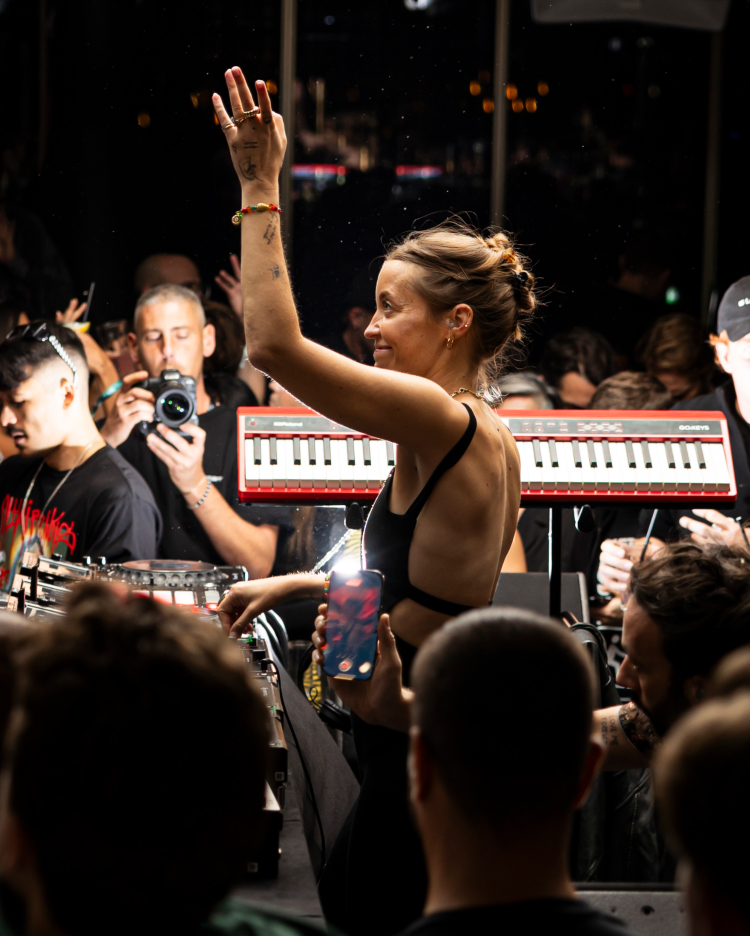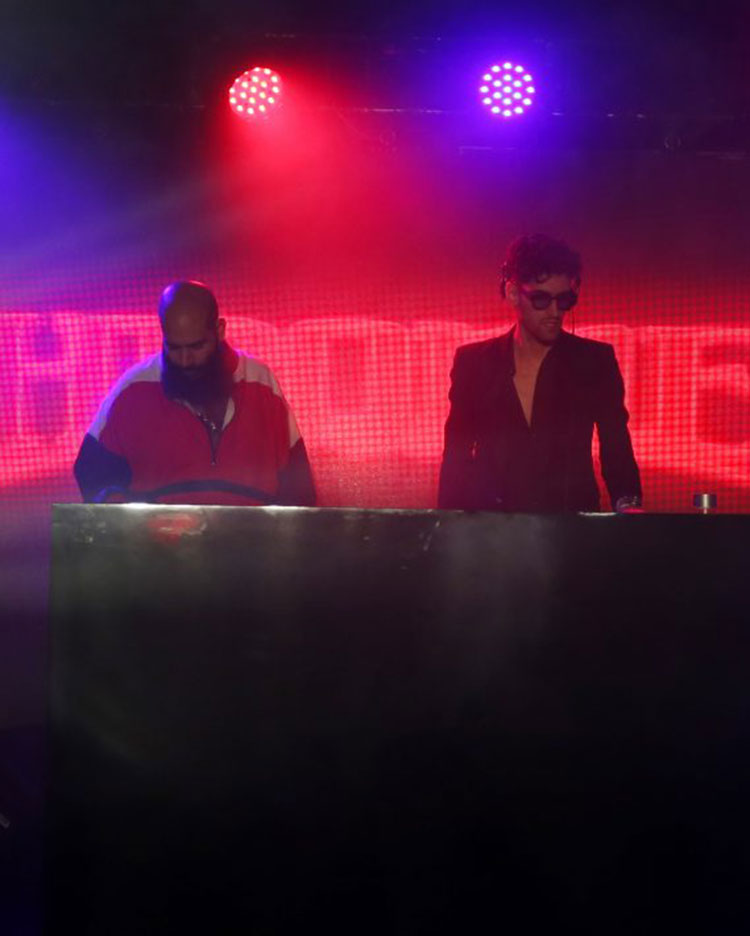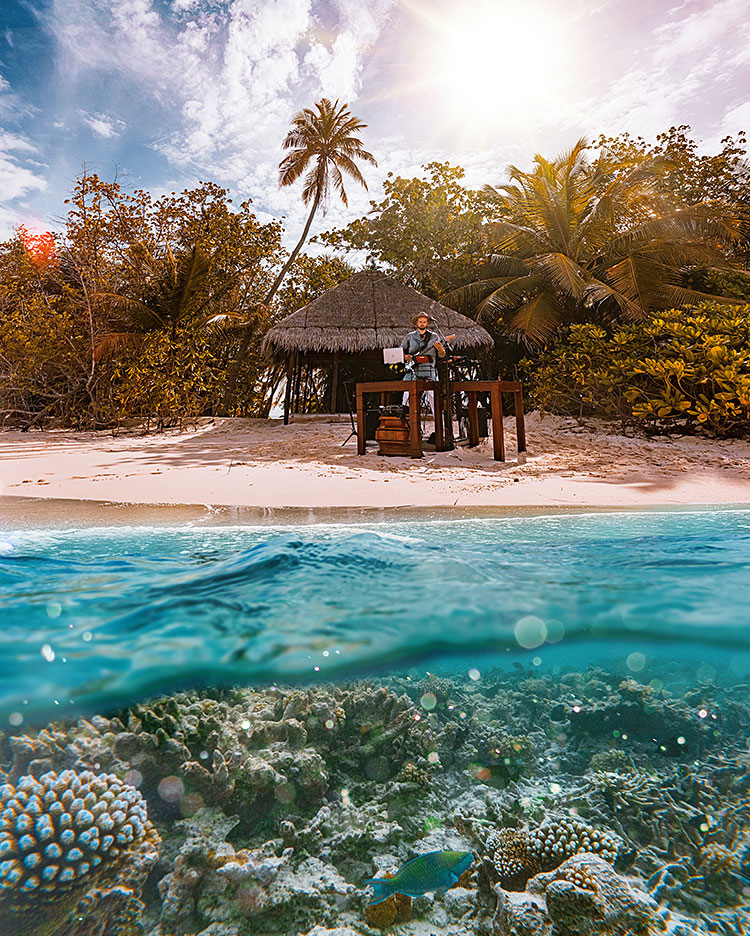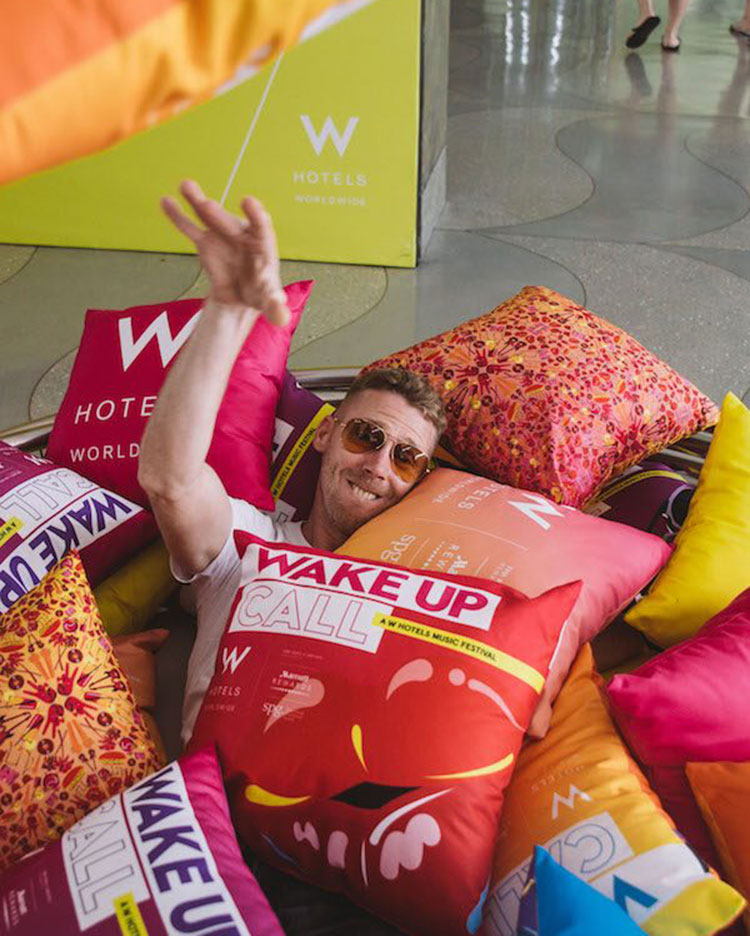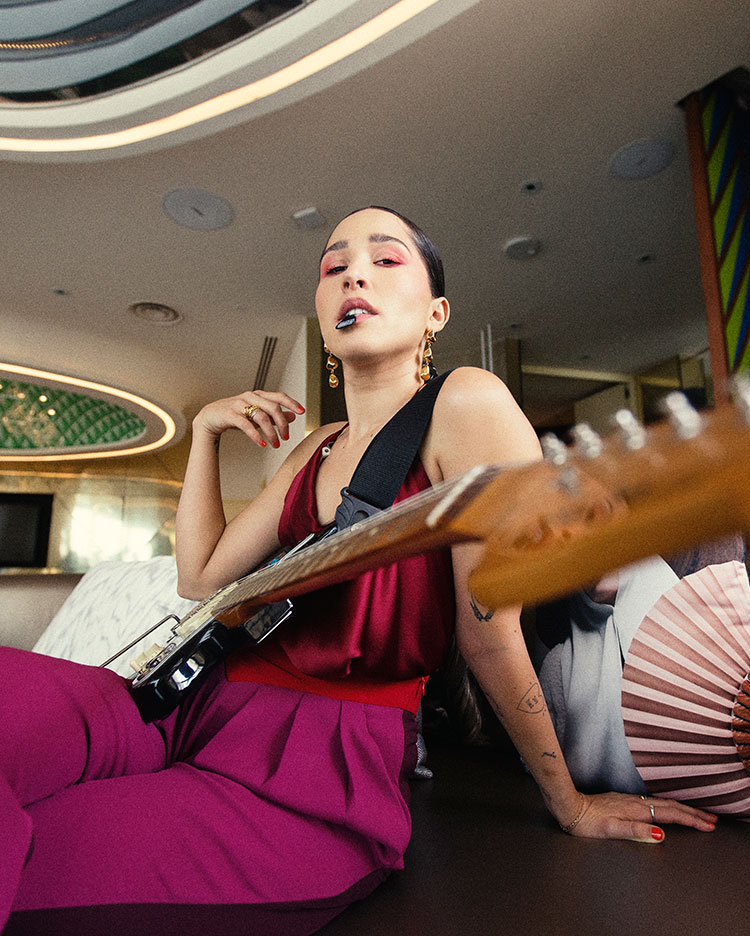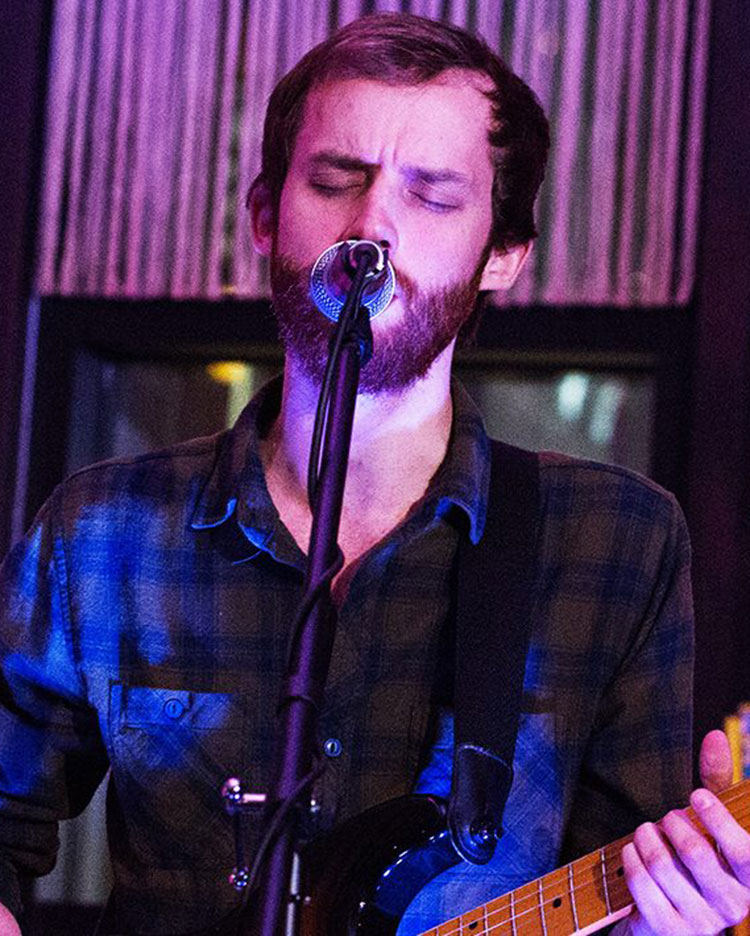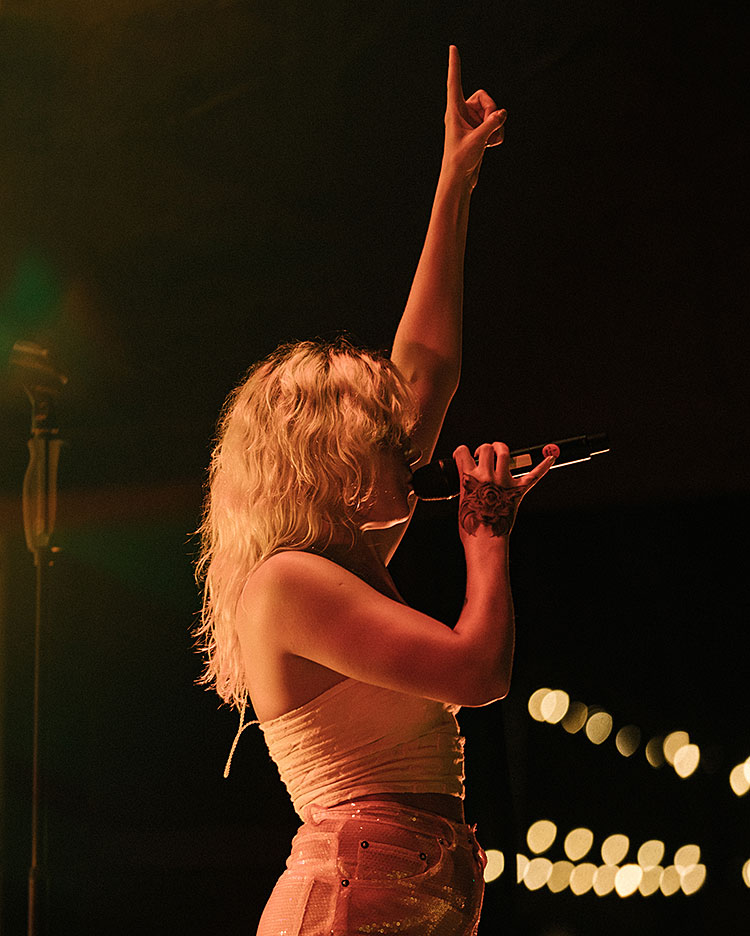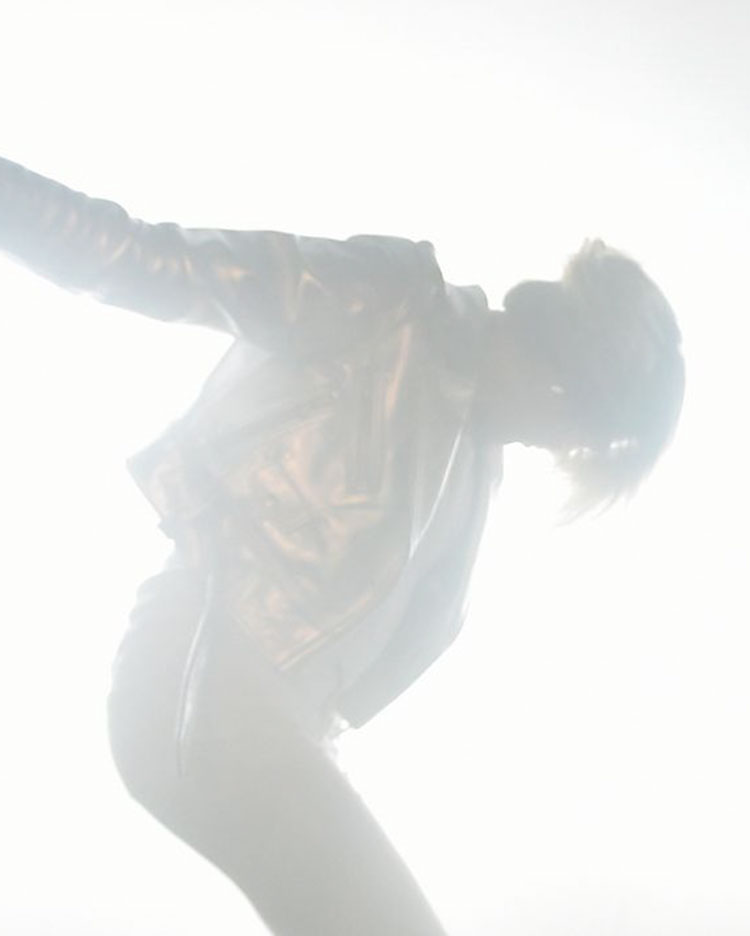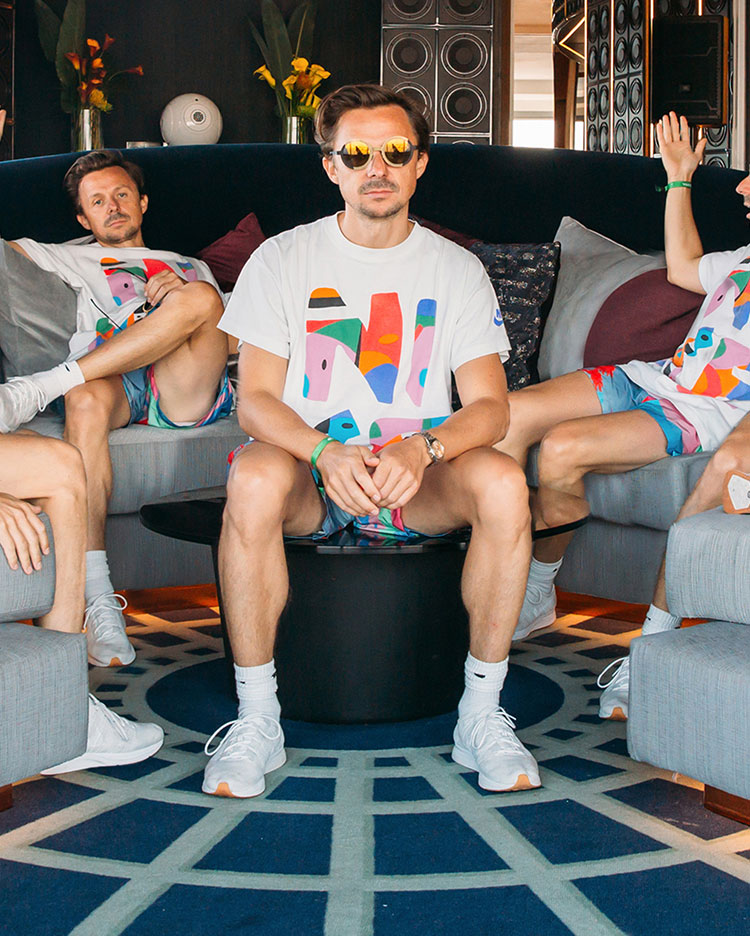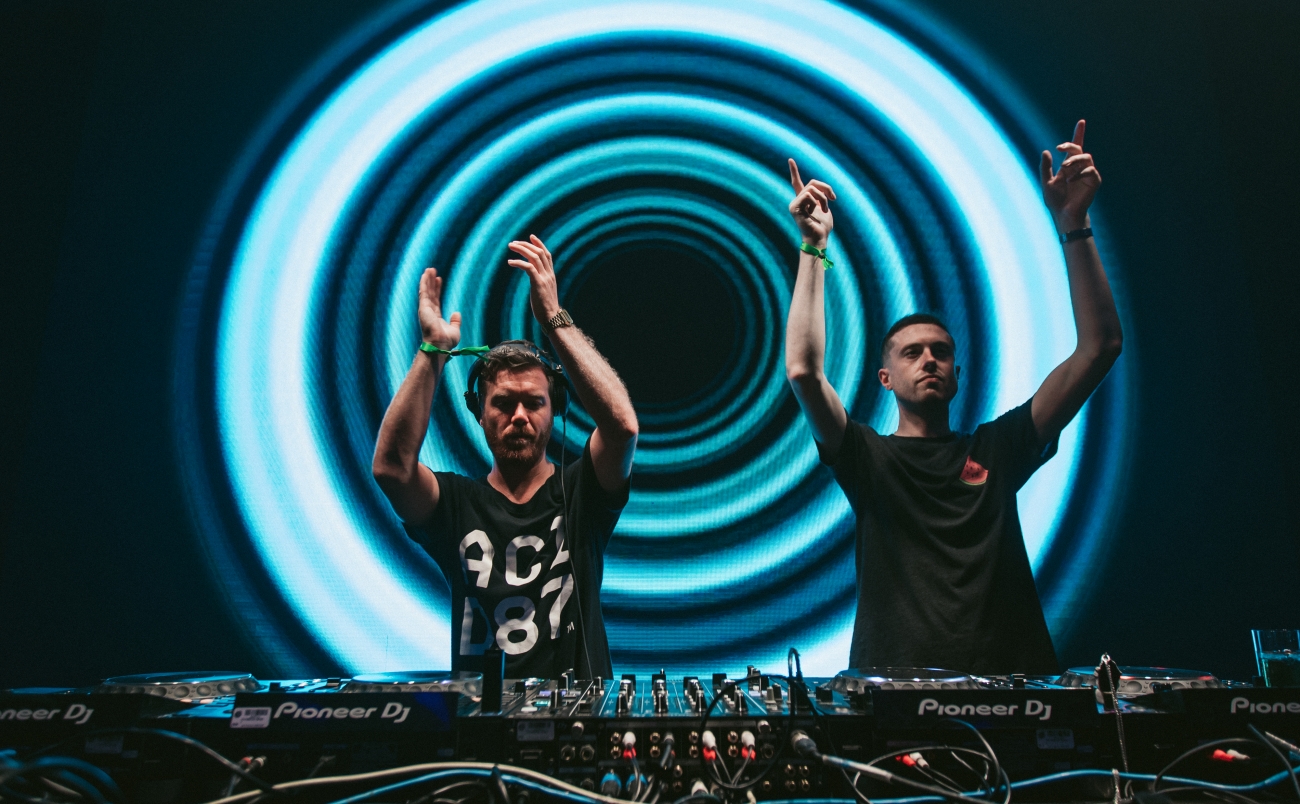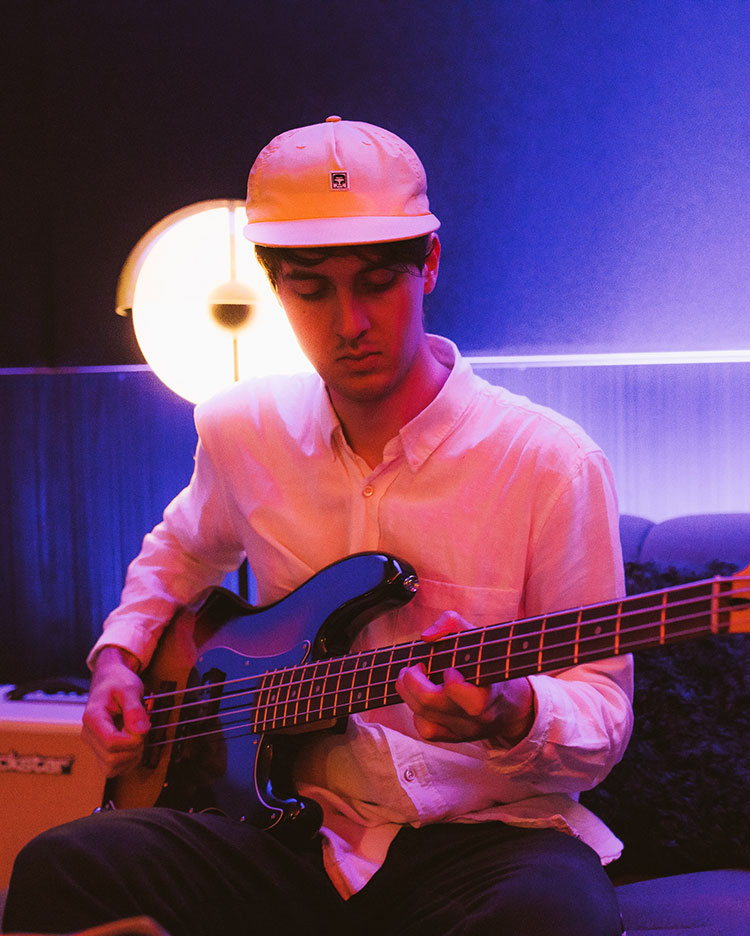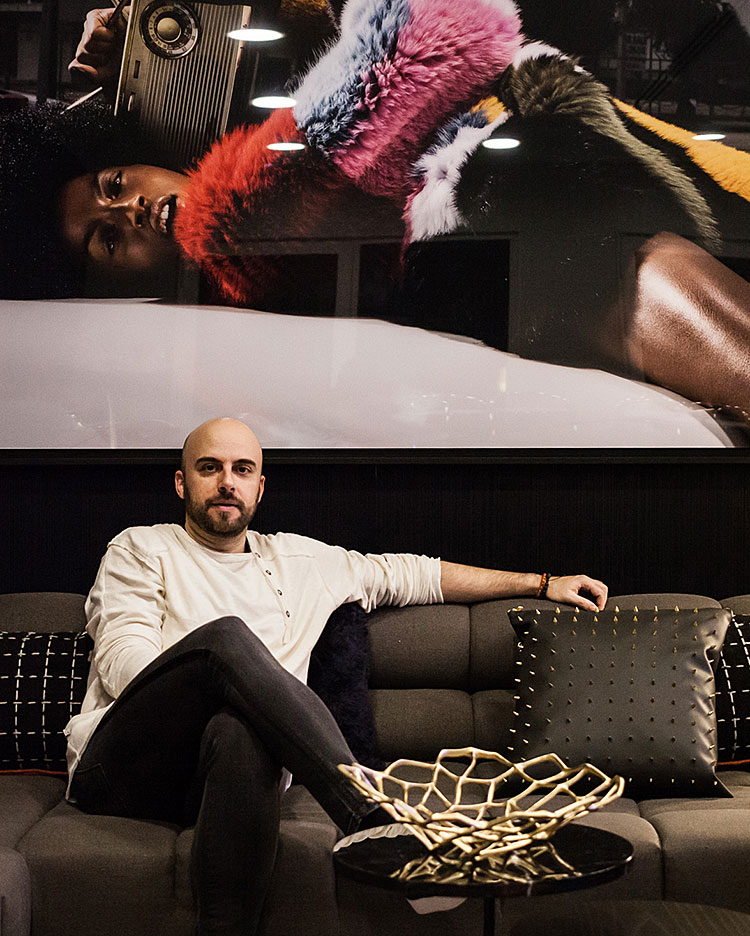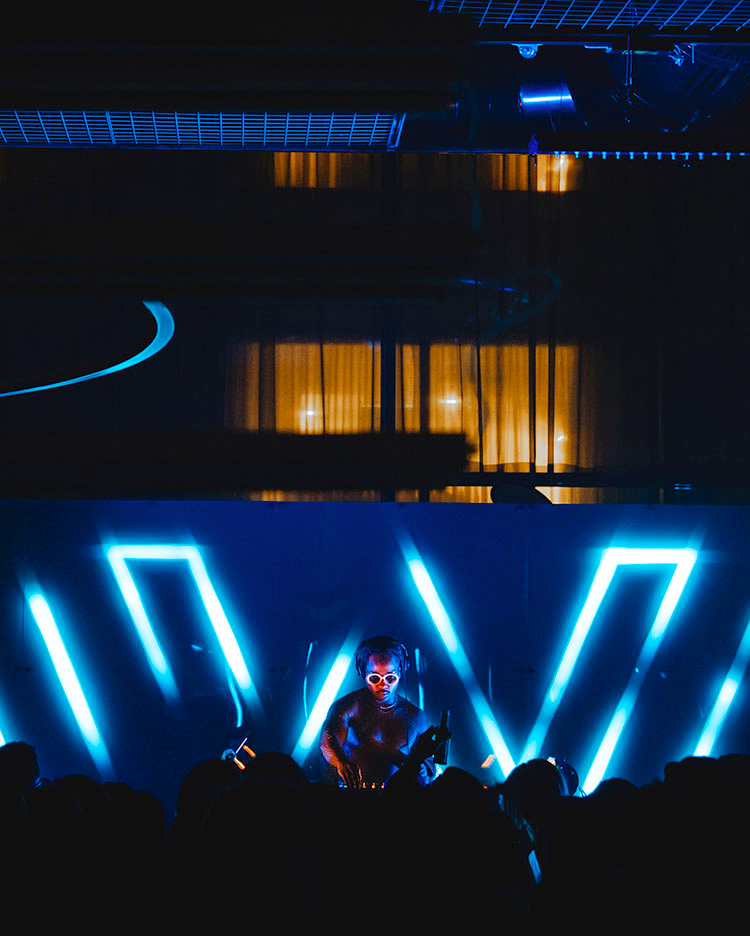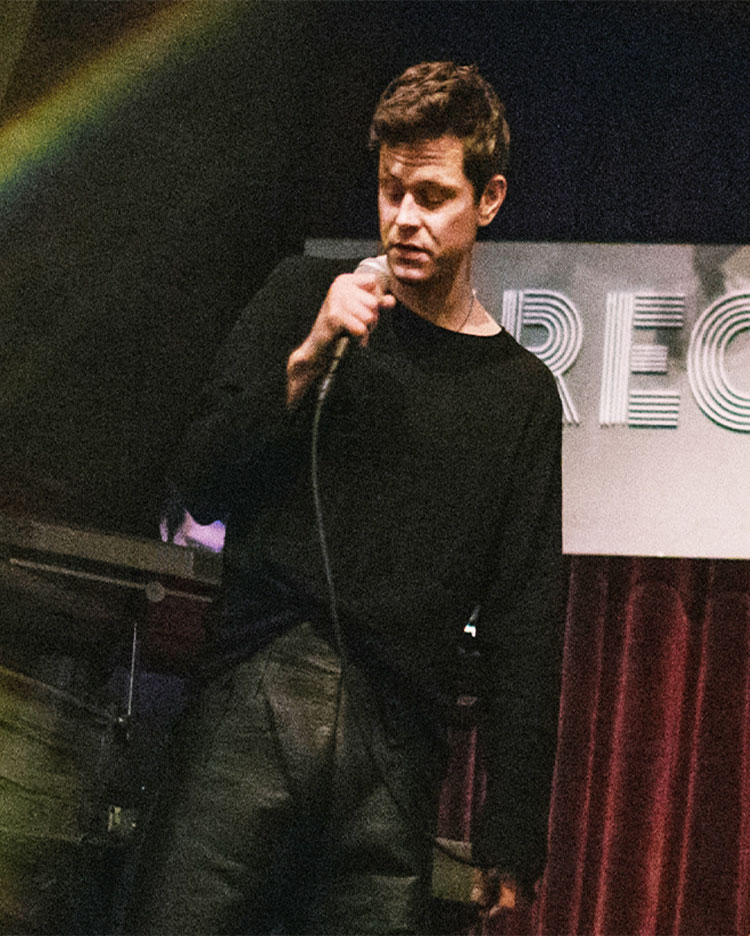
Perfume Genius Sings His Love on W Records
Perfume Genius Sings His Love on W Records
W Hotels took our love of music to new heights with the launch of W Records, a program supporting musicians to make stunning music with the support of W’s network every step of the way.
It’s proven to be a genius idea… Perfume Genius that is. For our second release, we had the pleasure of working with the Seattle-raised and Los Angeles-based artist Mike Hadreas (aka Perfume Genius), as he produced a stunning rework of his song “Alan,” and a cover of Bobby Darin’s “Not For Me,” all recorded in W Seattle‘s Sound Suite.
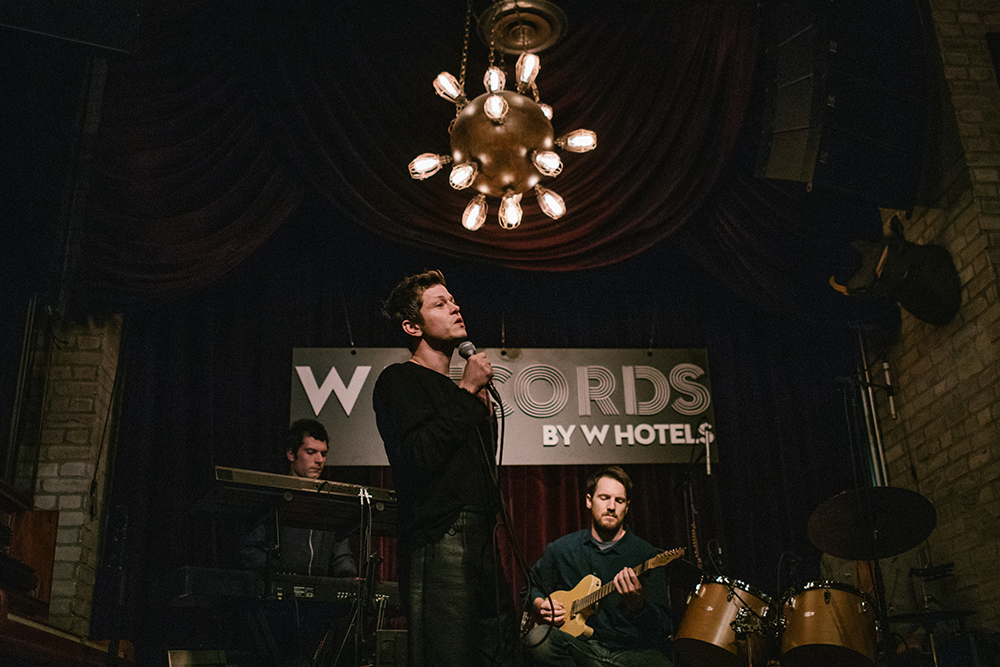

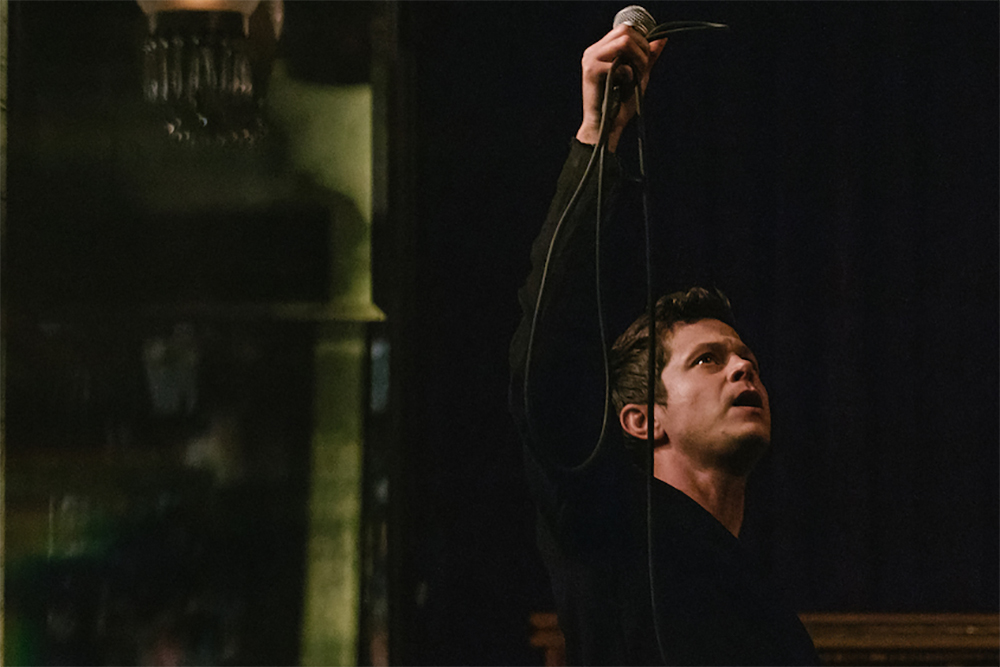

From signing to release, W Records is a platform that supports artists, and functions in the spirit of a small independent label. All proceeds from W Records releases are donated to the charity of the artists choice. Hadreas chose to support the LGBTQ+ immigration rights organization, Immigration Equality, a charity close to his heart as he is both a supporter and a member of the LGBTQ+ community.
In both of his recordings for W Records, Perfume Genius connected with both the city and the people around him. The rework of his track “Alan” celebrates his music collaborator and longtime partner, Alan, who has been with him through every step of his journey to stardom. Stripped down and beautifully honest, these stunning tracks were released online and limited edition vinyl. We celebrated with a release party in Los Angeles, where the Grammy-nominated artist performed.
We talked with the heartfelt vocalist about growing up feeling different, how music became his outlet, and why his charity of choice, Immigration Equality, is doing crucial work at a crucial time.
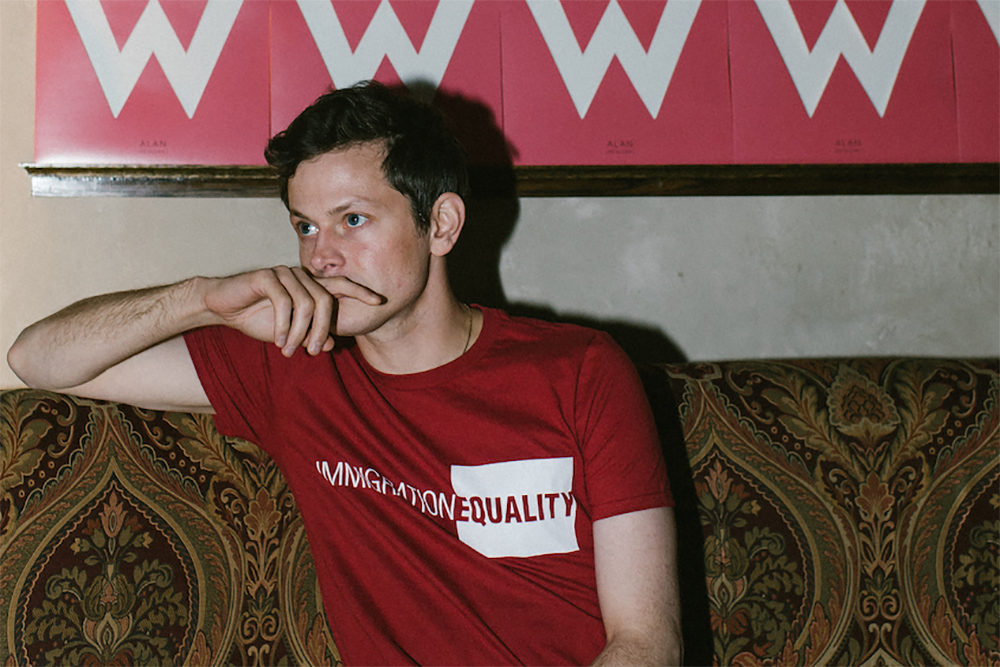

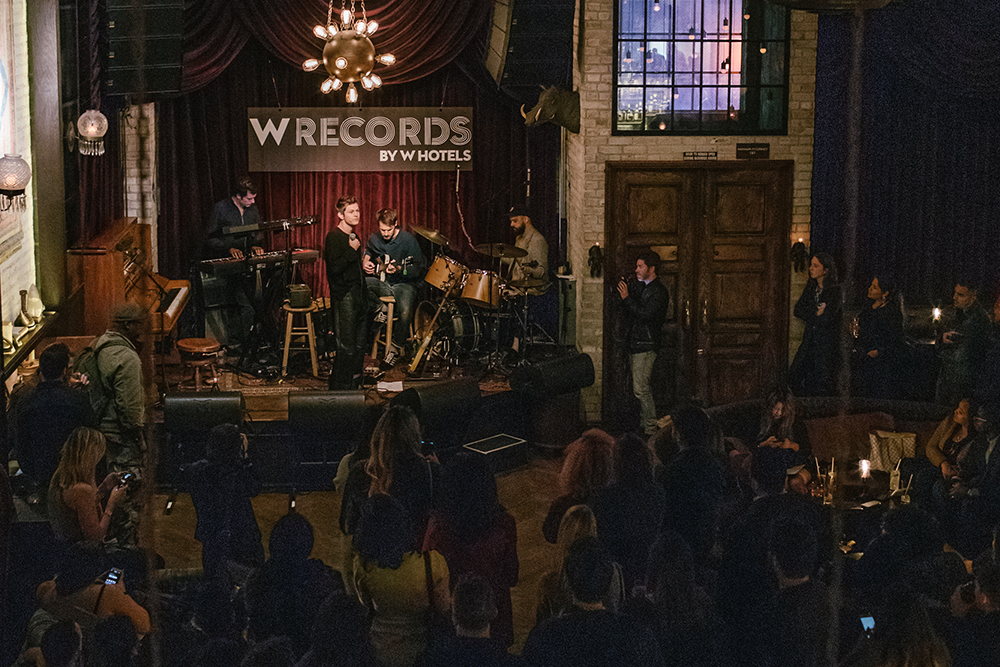

How did your childhood inspire your music?
Perfume Genius: Before I started making things, I would go about my daily life and I think I was a little strange or creative. I was very into culty, witchcrafty type stuff when I was a little too young to be having weird existential heavy thoughts about God or magic and stuff like that. So I was always running around crushing up flowers and making potions and all kinds of weird stuff or getting in trouble freezing my mom’s antiques or leaving spit and hair out in a goblet overnight.
I think I was longing for some sort of magic. Maybe if I unlocked something that’s underneath everything maybe it would fit more. My whole life felt off. I mean, anybody can feel off, even someone that fits perfectly. I was little, I was weird, I was gay — I mean that’s enough.
I remember even adults being uncomfortable around me when I was young because of how I was acting or what toys I wanted to play with. And that was just a very weird responsibility to have when you’re young. To be that self-aware of how you are being and how it is affecting people, even adults.
But the byproduct of this is that you develop other weird ways of thinking, other weird ways of going about your life. I think that is partly why I make music and why I’m interested in the things I’m interested in. And all the defenses you learn that seem crippling at first end up being sort of who you are and that’s not necessarily bad. You know if it’s humor or whatever it is you used to kind of navigate it all, that ends up being magical and important and that’s what I want when I listen to music — something surprising.
How do you get in the zone when performing on stage?
PG: I used to wear whatever I was wearing through the day on-stage, but when I put something else on, I kind of stand up straighter.
I’ve seen a lot of people perform and they try to acknowledge all of the audience and look at everybody. It’s very kind. I’m not necessarily that kind to everybody. When I go to a show, I want to see someone completely freaking out. I want to see that someone is just so in the middle of what they’re doing. It’s an ecstatic wild thing even if it’s a really quiet song. That’s what I want to see in a live show, that the performance is really cathartic, scary-awesome thing.
So that’s what I try to do. It isn’t always cute but I just do the performance I would want to see. And I think people know— especially if they knew my music from the beginning –they know how long it took me to get there. So if they see someone else that maybe has a lot of anxiety or whatever kind of shaking that off on stage, I like to think that that’s helpful.
Can you talk about why you chose the charity you did?
PG: It’s called Immigration Equality. They provide pro bono lawyers for the LGBTQ+ community seeking asylum from countries where they were being persecuted. I’ve traveled a bunch and the nature of my music is [queer]. I come from a place that even though it wasn’t necessarily easy I still was supported enough to be making music. It is a luxury, even to be thinking about it and processing it is a luxury. Before it is even musical, you know?
It’s a hugely important cause to me, especially now. Like many generations before us, we still have many challenges facing us here in America, but also around the world. In over 80 countries being LGBTQ+ is still criminalized. It is vital that we as a nation and as a global community continue to fiercely support those that keep us moving forward. Everyone deserves a chance to be safe and free. It is a human right.


